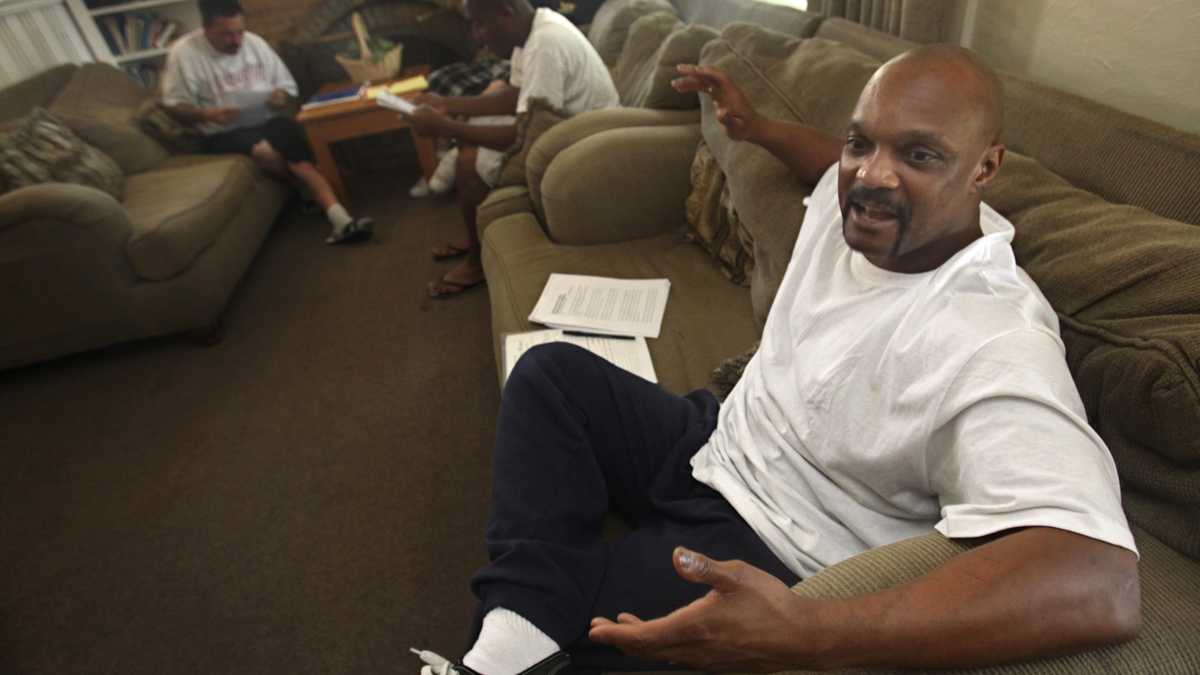Pa.’s proposed recovery house regulations leave many lingering questions

Recovery houses provide a residence for people in recovery after treatment
Two years after convening a task force, Pennsylvania officials have released a set of recommendations to cover a huge gray area in the drug and alcohol recovery pipeline — recovery residences.
The proposed policy would impose safety measures for houses where people in recovery live after treatment, but before they are back on their feet and can live alone. It covers everything from suitable beds to a standardized intake procedure to a code of ethics.
“It’s a good beginning,” said Lower Bucks County state Rep. Tina Davis of the recommendations. Davis represents parts of Bristol Township, which has over 100 of the residences. “I hope that they have the funding to implement it,” she said. This year, Davis introduced her own bill for regulating the houses, which has not come for a vote.
The recommendations are open for public comment until mid-August, and the Pennsylvania Department of Drug and Alcohol Programs plans to unroll some form of voluntary certification by the end of 2016, according to spokesman Jason Snyder.
How much that certification will cost to implement — and even what level of government will be charged with the task — is not yet known.
“It’d be too early to say exactly what that mechanism for enforcement would look like,” said Snyder. “We did ask the task force to bring us the recommendations and the ball is really now in our court.”
Snyder said it’s possible no state department would be in charge of the roll out, but he declined to say what other entity could be.
“When you talk about the regulation of housing, it’s not in DDAP’s wheelhouse,” said Snyder of the department that regulates drug treatment centers in the commonwealth.
Following treatment, many people turn to these recovery houses for a safe and sober environment, one that some research shows can help them break the cycle of recovery and relapse. The residences do not, however, provide medical service on the level of a treatment center, and they are often run as a kind of boarding house by those in long-term recovery themselves.
None of the recovery house operators contacted agreed to speak on record, but some expressed concern about the cost to comply with the proposed recommendations.
People in recovery for a substance abuse disorder are a protected class under the Americans with Disabilities Act, further complicating any regulatory environment that seeks to restrict where people in recovery can live.
Pennsylvania has no oversight procedure for existing houses, which some officials estimate number over 500. Any new regulation would be voluntary, such as existing regulations in Massachusetts, Ohio and Florida.
To incentivize houses to comply, state Rep. Frank Farry offered the following monetary carrot in a press release: “Recovery house owners who wish to receive state funds and referrals from licensed drug and alcohol treatment service providers will be required to become certified.”
Another crucial area of regulation — particularly for local elected officials and neighbors to the houses — is how to curtail the growth of “rogue houses.” The task force explicitly states that question is not under its purview.
“Concerns have been expressed about recovery house operators operating ‘under the radar’ as cash businesses not paying taxes,” according to the proposal. “These situations should be pursued by authorities in accordance with all applicable laws and regulations and are well beyond the scope of this task force.”
WHYY is your source for fact-based, in-depth journalism and information. As a nonprofit organization, we rely on financial support from readers like you. Please give today.

